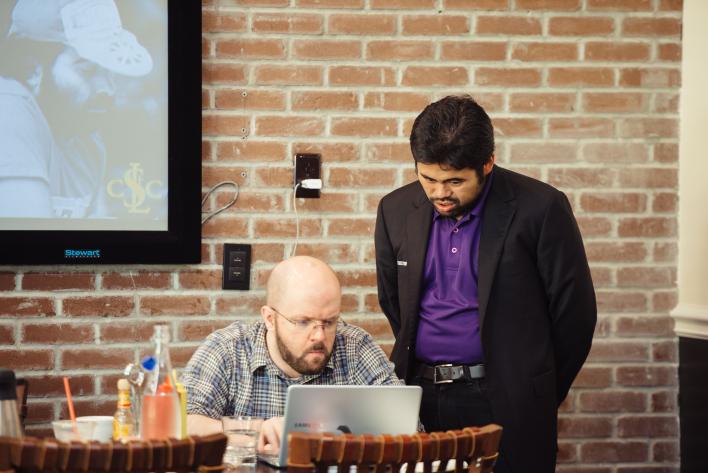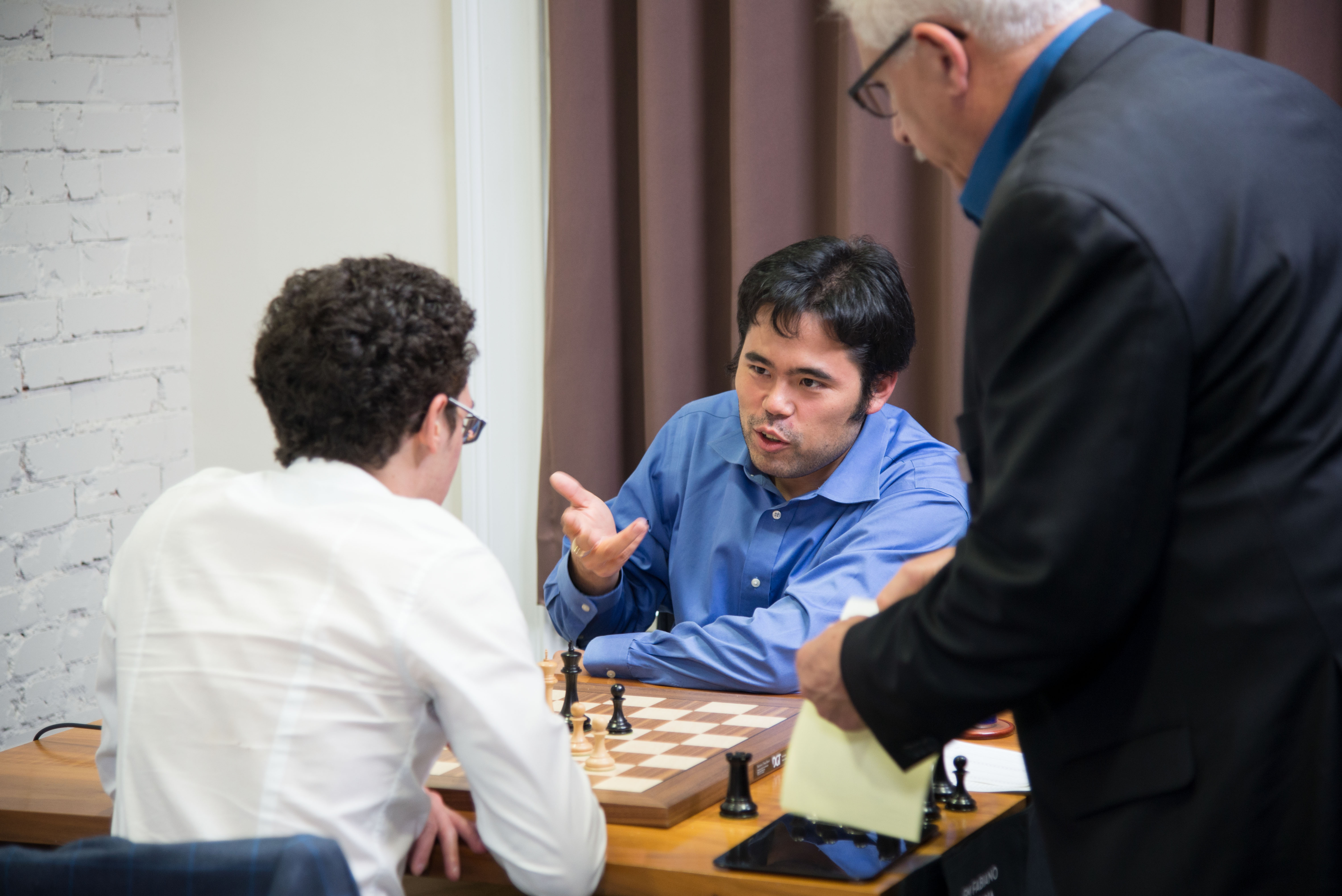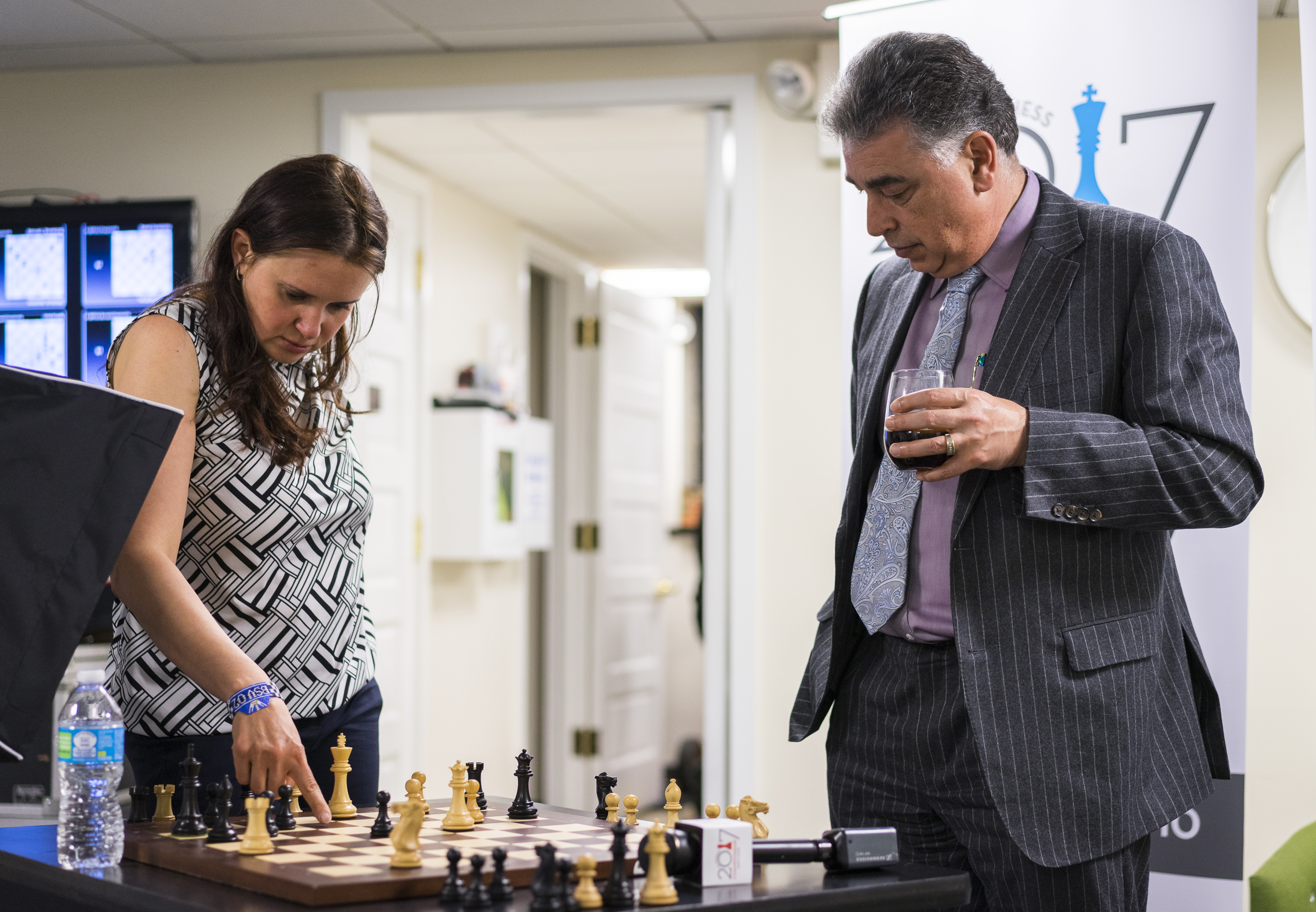
by Sabina Foisor
If you are among those who expect this article to have a miraculous way of teaching you how to turn the events from lost to glory, I am sorry to disappoint. I haven’t been able to find such a way just yet. However, I keep trying every single game to change the odds in my favor and I hope you are too! This article is meant to emphasize the 'importance of losing' in order to improve as a chess player. What a fun topic! Huh? Losing? However, remember that like any other cognitive activity, change and enhancements do not happen without a step-by-step learning process.
As an avid chess player, we all want to improve consistently and losses are taken as bad outcomes that put our progression into mental dismay. I would like to share a number of tips that I learned from my long journey as a chess player. For starters, I would like to mention that chess, like life, should be taken as a journey of joy through continuous learning. Winning itself is not always enough to provide you with sufficient drive to improve.
-
Be open to losing!
The first tip to becoming a better chess player is accepting that regardless of the result, an opportunity to learn from the game played is always there. Unfortunately, we don’t always take the right approach to it. When we win, we try extensively to figure out about our 'masterpiece' while looking at a lost game is like a mental torture. Thus, accept that losing is part of the game and take it as such!
-
Ask to analyze your game with your opponent, unless they do not want to!
This is always a difficult task for many of us to do when we are losing a game. Usually, anger and frustration come to mind and instead of focusing on the benefit of the future, we dwell on our past and fail to see the present. My suggestion is to kindly ask your opponent to analyze the game with you. Sharing knowledge can be beneficial for both players, as it might bring the best out of both of you. Every player is different and most likely others know something you don’t regardless of the result. It might not seem like much, but going through the game could at least give you some idea of where you went wrong.

-
Analyze your game on your own and/or with your coach
Living in the era of computers it is easy to just input the game into an engine program and let it tell you where you went wrong. You can do this eventually, but by only doing this you are refusing to use your brain. When you play, the engine will never be next to you and remind you about the best move in the position. Analyzing by yourself could be difficult at first, so getting advice from your coach is highly recommended. But do it on your own before “requesting” the help of an engine. Let’s say your opponent didn’t want to go over the game with you and you don’t have a coach. How should you figure out where you went wrong? My advice is as follows:
a. Play through your game until the end and from the end position.
b. Go back move by move. Treat the position as if it is the first time you’re seeing it.
c. Evaluate the position every move (this one is a boring task and very time consuming but you need to enhance your judgment).
d. Look for threats and defenses. In doing such, you will realize where you went wrong last.
-
Enter your games in your computer and make a good database!
If you are serious about becoming a better chess player, you have to have a place to store your games where you can add annotations and lines. I’d recommend investing in a program, but if you can’t there are apps out there that will permit you to do so. It is important to always be able to go back and look and review your games. It is also a nice way to realize whether you have actually improved through time.
-
Add some master/typical games
Once you have completed the previous steps, you may really want to see where you went wrong in the opening. You may now use the engine to review your work, but also be sure to copy-paste some master games to your game in case you went wrong in the opening somewhere.
PS: Be sure to actually play them through and understand what was happening.
-
Ready for your improvement!
Last but not least, remember that this is a gradual process. So, you have to enjoy the journey. It is not always exciting and some tasks could be prosaic, but like everything else in life, you should do them!
Finally, I wish you good luck in your chess improvement. Remember the long term goal!



